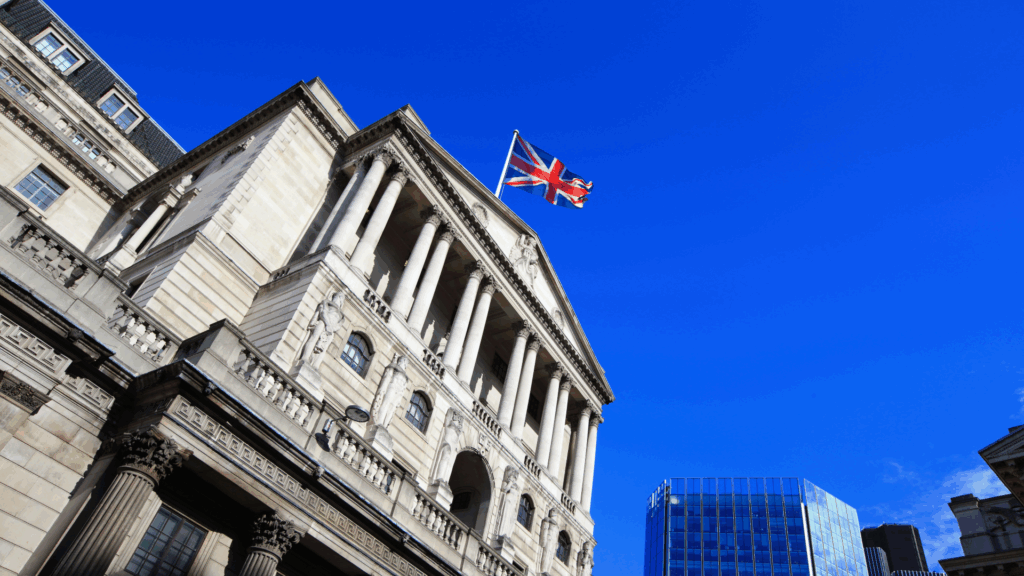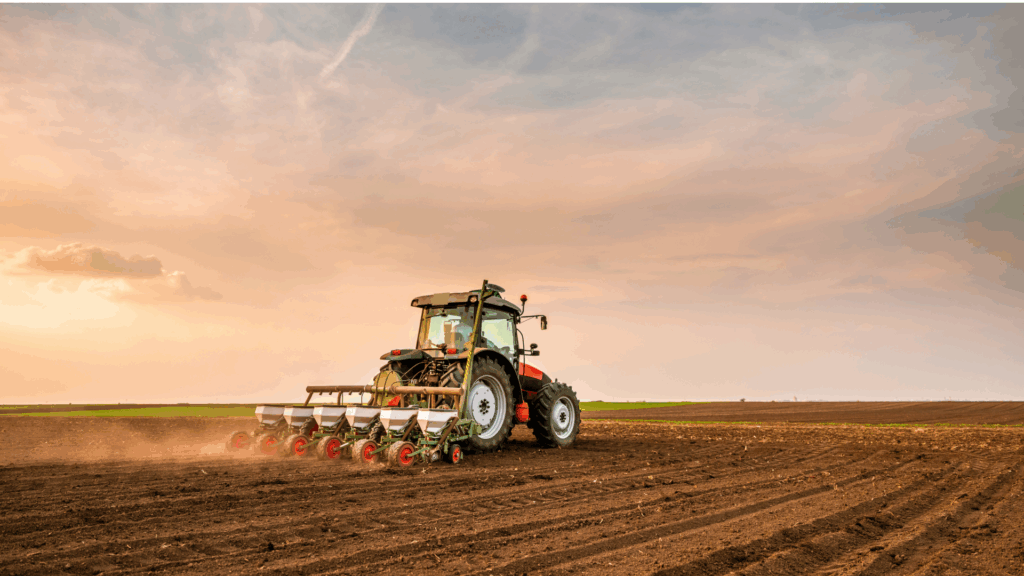Women in the UK are stopping work later in life, and on average both sexes now retire at the same age.
But many people who are currently in work have no idea when they will retire — and that includes those over 55.
Seven-year shift in retirement
The average age of retirement for women has increased by seven years in the last three decades, according to a new analysis by Phoenix Insights, Phoenix Group’s longevity think tank.
Thirty years ago there were two distinct peaks in when people retired from work, with women retiring on average in their mid-50s (at 56 years and 10 months) and men in their early 60s (at 61 years and four months). But in 2024, these differences have largely disappeared with both men and women retiring on average at 64 — a seven-year increase for women and three-year increase for men.
Changes to the qualifying age for the state pension are a significant factor behind later retirement: between 2010 and 2018 the state pension age for women increased from 60 to 65, becoming the same as men. This was followed by an increase to 66 for both men and women, between 2018 and 2020, and in the next few years there will be a further rise to 67.
“State pension age increases have been the primary driver behind this, but it’s not just about changes to pension policy,” explained Patrick Thomson, head of research analysis and policy at Phoenix Insights.
“Women now make up a much bigger part of the workforce and greater workplace flexibility means more people now transition to retirement gradually, staying in work for longer on reduced hours. There has also been a trend towards self-employment among the over-50s. This can give people more choice and control over their working life, but may also be due to being unable to find work with an employer.”
Phoenix Insights found that one-third of over-50s now work part-time, and the rate of home-working in this age group has more than doubled since the pandemic, jumping from 10% to 22.4% between 2020 and 2023. Meanwhile, one in five people in work aged 60-64 are currently self-employed, rising to one in three for workers over 65.
When do people expect to retire?
Most workers expect to retire between the ages of 66 and 70, when they would be eligible for the state pension, according to separate research by Hargreaves Lansdown.
One-fifth anticipate an early retirement before the age of 60 and another quarter think they will stop work between 61 and 65.
But around one in six people of all ages have no idea when they will retire, and the proportion is the same for the over-55s.
“Some could love what they do and have no plans to stop, others may have not yet really engaged,” said Helen Morrissey, head of retirement analysis at Hargreaves Lansdown. “Others may have realised that, right now, they don’t have enough and are playing catch-up so want to keep their options open.”
Highlighting the continuing importance of the state pension, Morrissey said that it forms the foundation of retirement planning and there are “very few people” who don’t rely on it to some extent.
“The fact that the most popular response given for when people will retire is between 66 and 70 is testament to this given that state pension age is currently 66 and is on its way up,” Morrissey added. “The next most popular response — between age 60-65 — can be the result of some savvy saving but also a long-held perception given that state pension age was once 65.”
Plan with confidence
Those staying in work for longer should continue to save for retirement — especially the self-employed, who are among the most under-pensioned groups. Nearly two-thirds (64%) of self-employed workers aged 60-65 have zero private pension saving, according to Phoenix Insights.
Helen Morrissey from Hargreaves Lansdown stressed the importance of thinking about how you want your retirement to look.
“Planning for retirement can seem like a complex prospect, but having an idea of what you want and when you might like it to happen can really help you take control,” she said.
“This will help you plan with confidence that you are going to get the retirement you want at the time that you want it.”
Posted by Fidelius on December 2nd 2024

















